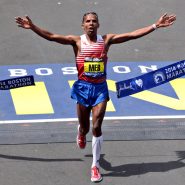Tag: Marathon
By Jonathan Thomson December 4, 2015
Subjects Practicing
Tags cellobello, CelloBlog, Jonathan Thomson, Marathon, numbers, practicing
By Jonathan Thomson October 15, 2015
Subjects Practicing
By Jonathan Thomson February 25, 2015
Subjects Playing Healthy, Practicing
By Jonathan Thomson February 1, 2015
Subjects Practicing
Tags cellobello, CelloBlog, Jonathan Thomson, Marathon, training




